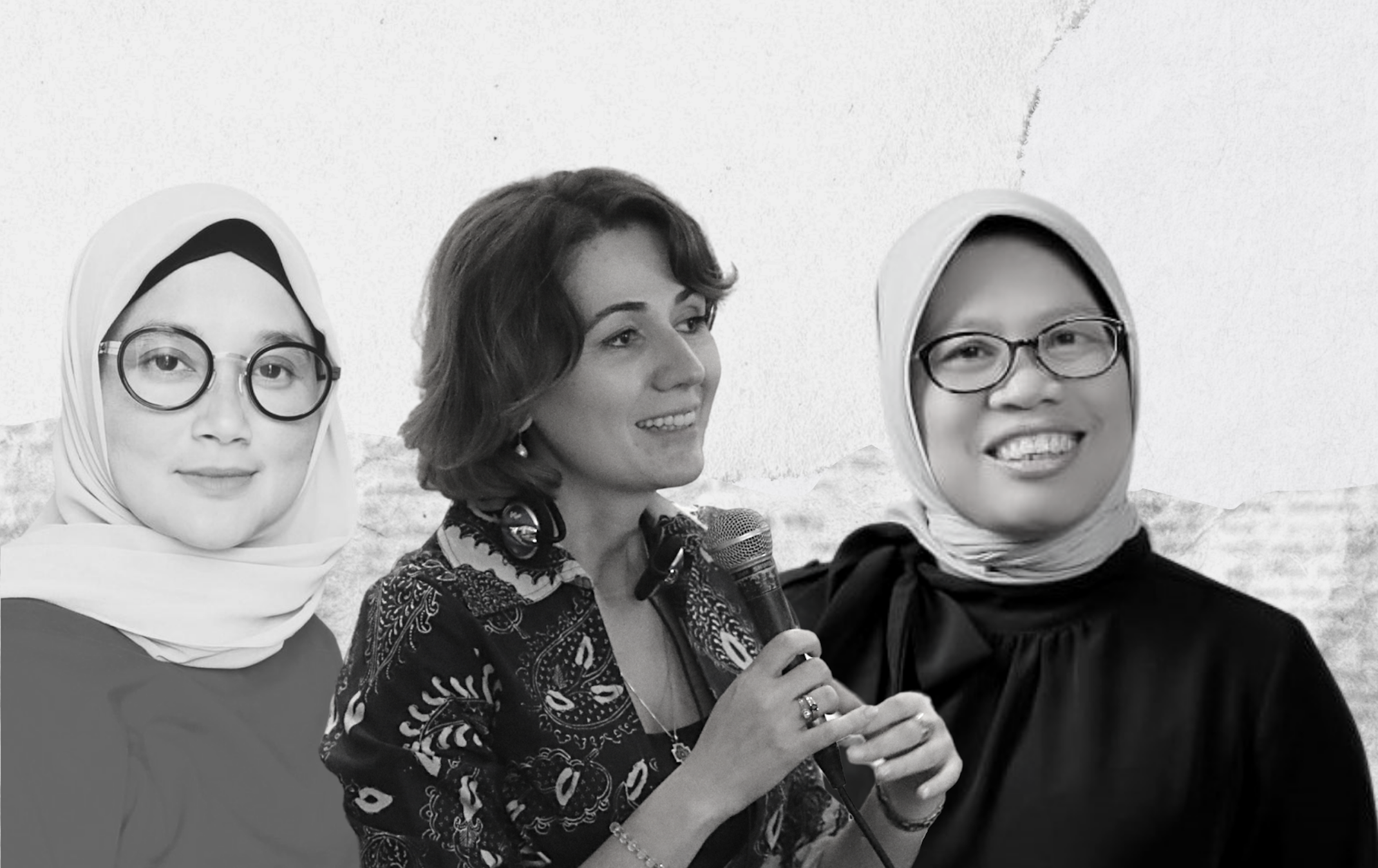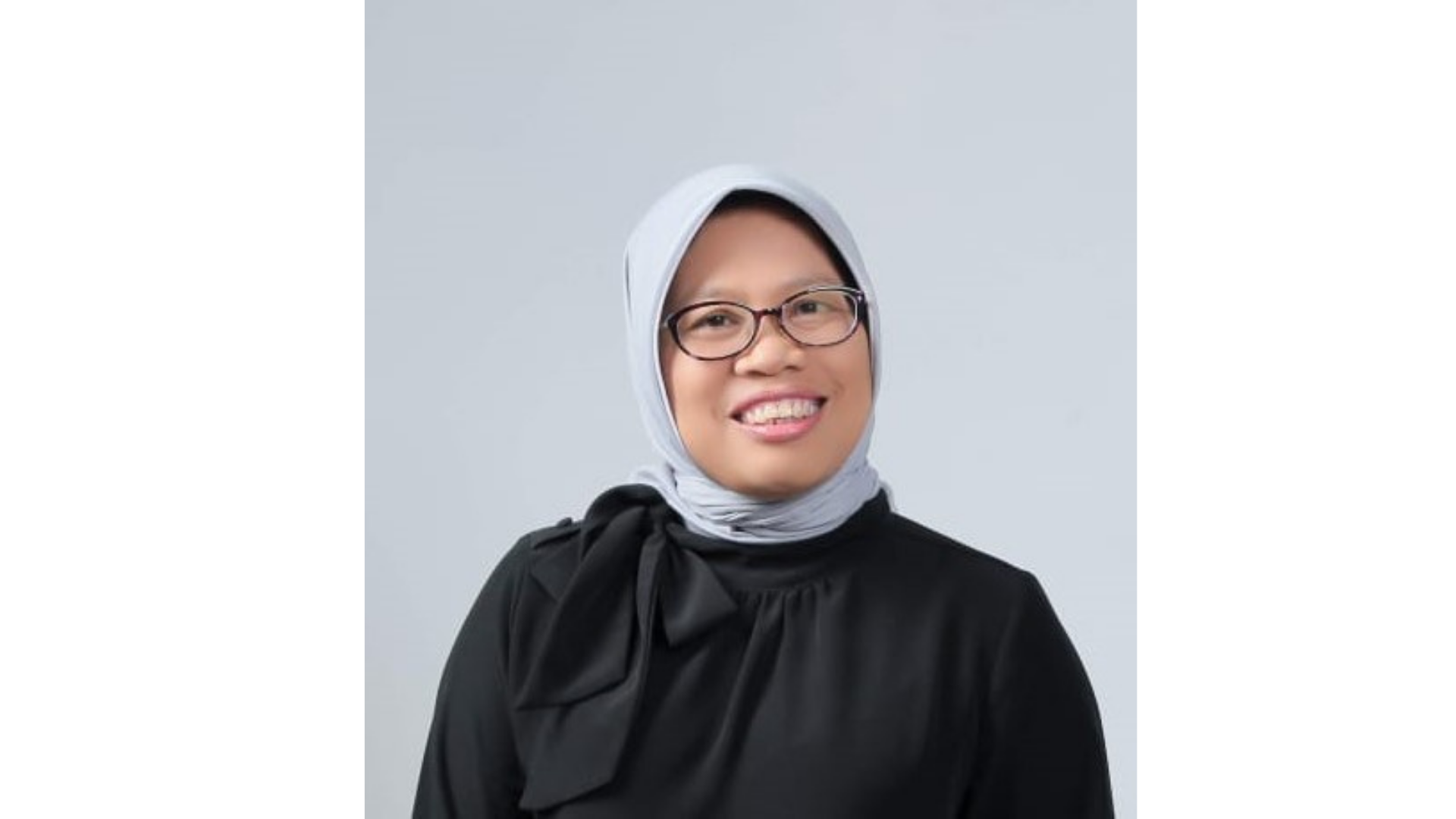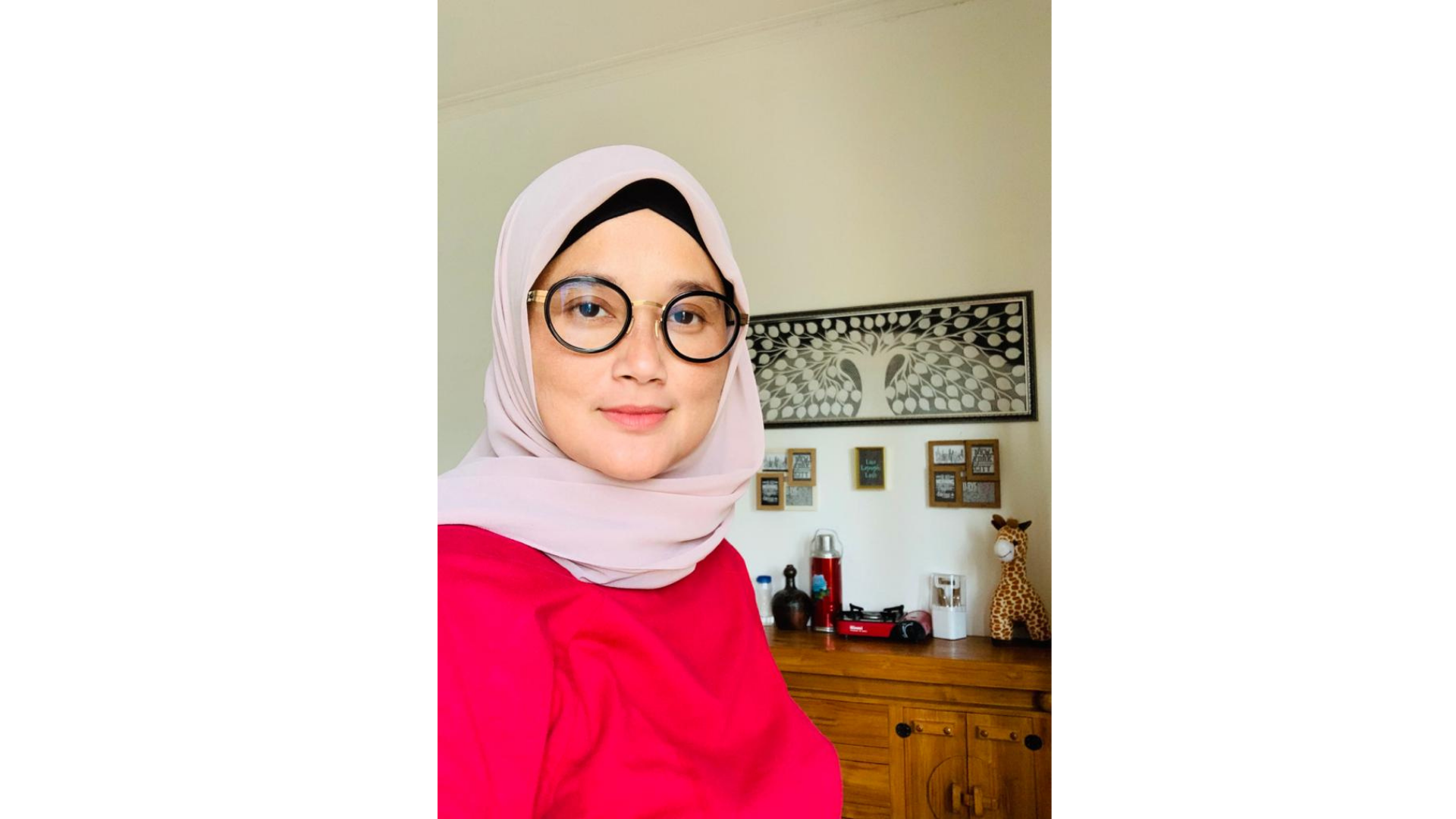--- Image caption ---
Jakarta, February 11 – There is always a million reasons to celebrate the great cause of science to humanity and the advent women’s leadership across all fronts.
Today, the world observes the International Day of Women and Girls in Science, Technology, Engineering and Mathematics (STEM). A great chance to promote more women and girls to pursue career in STEM and highlight key achievements.
UNDP Indonesia is proud to feature three women whose background in the STEM field has helped bolster UNDP’s work in Indonesia from their respective homes in the capital Jakarta to the
The celebration of this International Day couldn’ be more relevant for Indonesia.
Making up just 30 percent of the global STEM workforce, there is an urgent need to bring more women to help close the gender gap. Women’s participation goes beyond filling in numbers, however. Women’s involvement in these fields will certainly ensure the needs of women and girls – in medicine, science, and technological developments and beyond – are met.
Dr. Sophie Kemkhadze. Deputy Resident Representative UNDP Indonesia
Sophie is a mathematician by training and she takes a delight in solving complex problems using data and evidence for good causes.
A PhD holder in Mathematics from Georgian Academy of Sciences, she has spent over two decades of career in development, dating back to 1998 She received her undergraduate degree in Mechanics and Mathematics from Tbilisi State University. She also holds a diploma in Psychology.
“It is important that women and girls are encouraged to pursue careers and leadership in STEM not just for representation or bringing voices to the table, but because of the long-term implications to ensure that everyone's needs are met. Women’s perspectives can influence the outcome of the development process and innovation where women’s needs are sometimes ignored,” she said
“With digital transformation, there will be a demand for technical education and skills. The gender disparity in STEM professions will only further widen the gap in the labor market, so it's important to act now so that women are prepared to take the opportunities and meet the expectations of the job market. Furthermore, having more women in science will ensure that solutions are developed in a more egalitarian, and inclusive manner.”
Dr. Baiq Dewi Krisnayanti. National Project Manager GOLD-ISMIA Project, UNDP Indonesia
For soil scientist Baiq, protecting women’s rights and well-being in the artisanal mining world has become her passion . Prior to her current role, Dr Baiq was a lecturer at the University of Mataram where she worked from 1997 to 2016 teaching courses on Land Management, Geomorphology, Agrogeology and Agrohidrology. She has always had an interest in Artisanal Small-Scale Gold Mining, being raised close to an ASGM site in Indonesia’s Lombok Island. She has published numerous papers on the impact of ASGM on the environment and on public health.
A Ph.D. holder in soil science from Lincoln University, New Zealand, Her current role at the UNDP sees the elimination use of the highly toxic mercury in the artisanal mining field where women’s miners are highy more susceptible to the danger.
“I have always planned to use my research in science to advance humanities and better protect our environment. It gives me great pleasure knowing that every day I make a step closer to make a difference in the world, by finding innovative ways to stamp out the use of mercury in Indonesia,” she said.
“Science is not just about laboratory work. It can be encouraged at home in activities like having fun in the kitchen, playing the park or from the use of gadgets. Girls don’t always realize they are doing science every day.”
Prof. Dr. Esti Handayani Hardi, S.Pi., M.Si. University of Mulawarman Consultant, UNDP Indonesia
Dr Esti is a Professor in the Department of Agriculture, Fisheries and Marine Science at the University of Mulawarman, Samarinda, East Kalimantan. She has published six books and authored several research papers during her career. The recipient of multiple honors, she has also received research grants to pursue her interests in Fish Diseases, Microbiology, Fish Health Management, Natural Product from Plant Extracts. Dr Esti received her PhD in Aquaculture from the University of Bogor. She also works with UNDP’s Strengthening Forest Area Planning and Management in Kalimantan (KalFor) project.
“Science helps women become more informed individuals, smart mothers and equips them with the ability to solve various problems, she says. Dr Esti enjoys working with youth, particularly young women and encourages them to make the best use of opportunities and try out various fields to determine their passion.
“Science opens doors for women. They can become more successful and affect change in society too. Women want to be involved in several activities but are often constrained by lack of access to information,” says. “It’s important for the community to encourage women’s participation. We can do this by improving their access to information, providing scholarships and grants for women to attend university or to develop their skills so they can be better equipped for the job market. We must increase the number of women in both government and in community organizations.”

 Locations
Locations



